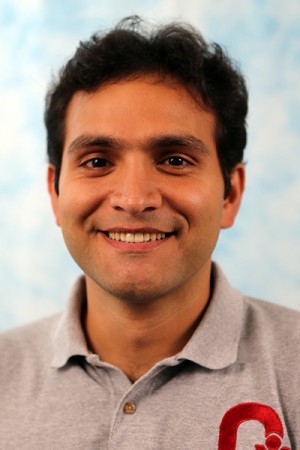
Field Robotics Center Seminar
April

Carnegie Mellon University
2:30 pm to 3:30 pm
3305 Newell-Simon Hall
Abstract:
The recent incidents with Boeing 737 Max 8 aircraft have raised concerns about the safety and reliability of autopilots and autonomous operations. There is a growing need for methods to monitor the status of aircraft and report any faults and anomalies to the human pilot or to the autopilot to deal with the emergency situation. We present an online approach using the Recursive Least Squares method to detect anomalies in the behavior of an aircraft. The method models the relationship between correlated input-output pairs and uses the model to detect the anomalies. The result is an easy-to-deploy anomaly detection method that does not assume a specific aircraft model, does not require any training, works in real-time and can detect many types of faults and anomalies in a wide range of autonomous aircraft, including fixed-wing planes, multirotors and VTOLs. Extensive experimentation in flight tests shows that the method can detect the faults with a high rate and low latency.
Speaker Bio:
Azarakhsh is a Ph.D. student in the AIR Lab at the Robotics Institute, advised by Dr. Sebastian Scherer. His research focuses on developing safe and robust controllers for various autonomous aerial vehicles in real-world applications to accelerate the integration of drones in our everyday lives. Before Carnegie Mellon, he had received a B.Sc. in Electrical Engineering, majoring in Electronics Engineering and a B.Sc. in Computer Engineering, majoring in Software Engineering, both from Shahid Beheshti University.